
Rapid Prototyping
Quickly transform your design ideas into functional prototypes with high precision, helping you validate fit, function, and performance fast.
Learn MorePrecision CNC Machining Services From Prototype to Production in 7 Days.













AT Precision Machining Ltd provides high-quality prototyping, low and large-volume manufacturing services to support your product development needs. Our international team will work with you to make your product ideas a reality through high-tech CNC equipment and ensure your parts are shipped on time.
If you’re looking for the right machine shop in China, we’re your source!

3,4,5 axis precision machining for complex geometries; tight tolerances. rapid prototyping and production.

Lathe, dual-spindle, and mill‑turn for cylindrical parts; high accuracy, smooth finishes; efficient for small-to-large volumes.

Type II/III anodizing, powder coating, bead blasting, polishing; improves corrosion resistance, aesthetics, and dimensional consistency.

Wire/ram EDM and precision grinding achieve fine features and Ra ≤0.2 surface finish; excellent for hard materials.
Whether you need a prototype to verify a design or mass manufacturing end products, AT Machining has the best solution for you.

Quickly transform your design ideas into functional prototypes with high precision, helping you validate fit, function, and performance fast.
Learn More
Get high-quality, small-batch manufacturing ideal for pilot runs or market testing—flexible, fast, and cost-efficient before scaling up.
Learn More
Achieve consistent quality and cost efficiency with our automated processes and strict quality control for large-scale manufacturing needs.
Learn More
Our experienced team ensures seamless production, strict quality management, and on-time delivery for your ongoing projects.
Learn MoreSelect optimal materials by understanding their unique properties. We provide standard and specialty options for metals and plastics, ensuring enhanced project success and improved production efficiency.
Expert-grade surface treatments optimized for functionality, durability, and aesthetics.













With 20 years of machining expertise under our belt, we’ve catered to a broad spectrum of sectors including medical, robotics, consumer goods, automotive, aerospace, defense, marine, green energy, and industrial, among others.
Our deep understanding of our clients’ diverse applications, industry norms, and unique requirements across these fields is what truly sets us apart and adds value for our customers!

AT-Machining engineers reliability for leaders like BYD and Nissan. Leveraging advanced 5-axis CNC, we deliver complex aluminum components.

Eliminating downtime for clients, AT-Machining engineered hardened steel components with micron-level precision to extend lifecycles.

For critical breathing regulators, we machined complex parts from high-stability POM (Acetal). With near-zero moisture absorption, our components maintain absolute dimensional precision and safety at 30-meter depths.

Empowering biomedical research, we machine optical-grade Acrylic (PMMA) into complex microfluidic chips. We ensure burr-free micro-channels and superior surface clarity, critical for accurate fluid analysis and lab-on-a-chip applications.

We manufacture complex, high-tolerance components for tech innovators. Transforming intricate geometries into functional reality with unmatched accuracy.
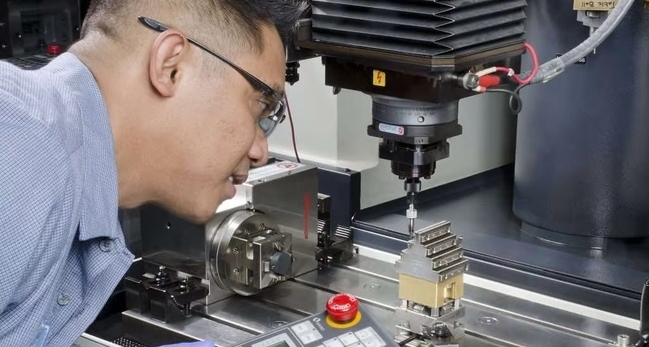
Drawing from our expertise, we'll scrutinize your part's manufacturability, advising on materials and design optimizations to provide cost-reduction strategies tailored to your needs.
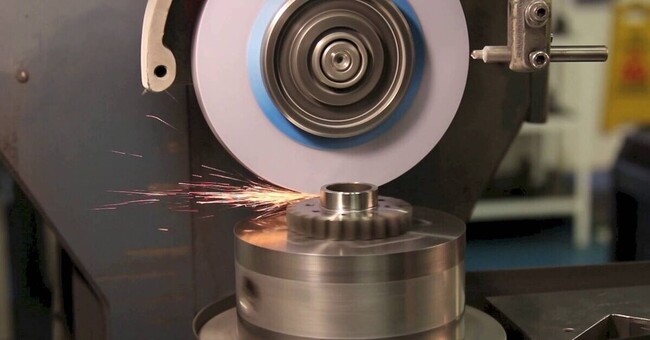
AT-Machining commitment to meticulous accuracy delivers parts that consistently meet the strictest specifications, ensuring your projects are executed flawlessly.

Experience significant savings of 30-50% with us, thanks to our optimized production processes and stringent cost management, ensuring economical pricing without quality compromise.
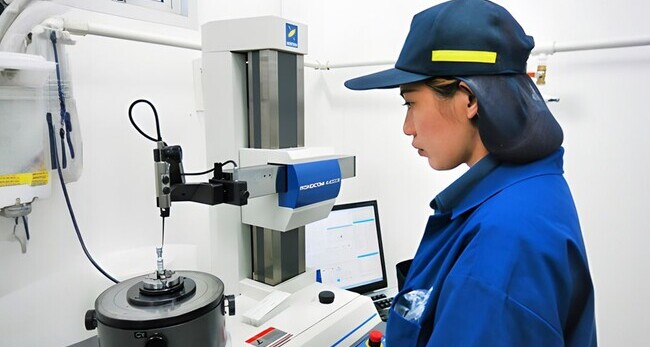
Our ISO 9001:2015 certified company guarantees quality through SGS, RoHS certifications, material authenticity, and detailed inspection reports for our customer's peace of mind.

We're dedicated to ensuring a smooth experience, offering personalized service and support from initial consultation to delivery and beyond.

Time-sensitive projects excel here, as we offer swift production turnarounds without compromising the integrity or quality of our CNC machined parts.

The founder of AT-Machining has 30 years of CNC experience, dedicated to solving complex design and machining challenges for customers.
Avoid deep cavities with small diameters; they cause tool deflection, poor surface finish, excessive vibration, and longer machining time. Use stepped depths instead.
Maintain consistent wall thickness; uneven walls lead to vibration, distortion, and poor dimensional accuracy during high-speed milling or turning operations.
Design internal fillets that match standard cutter radii; mismatched corners require custom tools or multiple passes, increasing machining cost and cycle time.
Only specify tight tolerances where absolutely necessary. Over-dimensioning increases inspection time and manufacturing costs significantly.
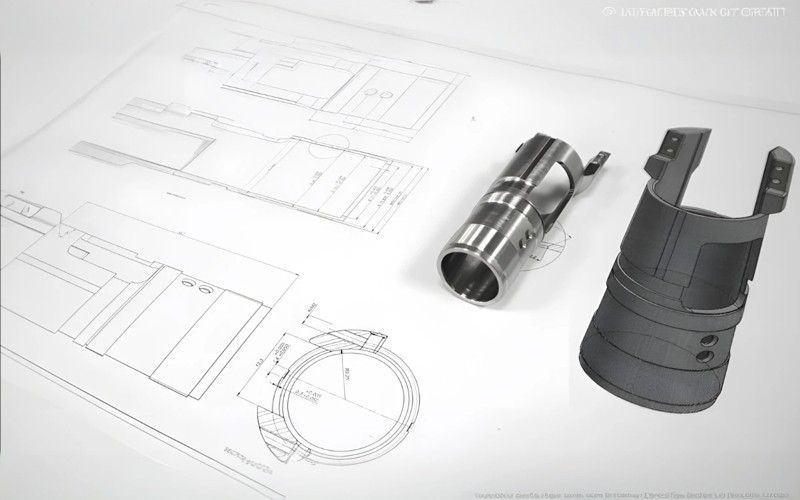
We conduct thorough pre-production, in-process, and final inspections to guarantee a high pass rate. Our systematic approach ensures your parts arrive ready for assembly, every time.
Multi-stage inspections (IQC, IPQC, OQC) ensure a >99% acceptance rate and consistent quality from prototype to production.
Equipped with CMM, Projectors, and XRF Spectrometers to scientifically validate dimensions to ±0.005mm and material authenticity.
We provide complete data packages: FAI Reports, Materials Certificate, and RoHS Compliance Certs with every shipment.
ISO 9001:2015 certified operations. Trusted by leaders in Medical, Automotive, and Robotics sectors.
At AT-Machining, our state-of-the-art CNC machine shop in China is the backbone of our precision manufacturing services. We operate a diverse fleet of advanced equipment, including high-speed 3, 4, and 5-axis CNC milling machines, precision turning centers, and Swiss-style lathes. This versatility allows us to handle complex geometries with tight tolerances down to ±0.005mm.
Quality is our obsession. Our inspection room features CMM (Coordinate Measuring Machines), vision systems, and roughness testers. From rapid prototyping to high-volume production, our ISO-certified processes ensure every part meets the strictest industry standards.
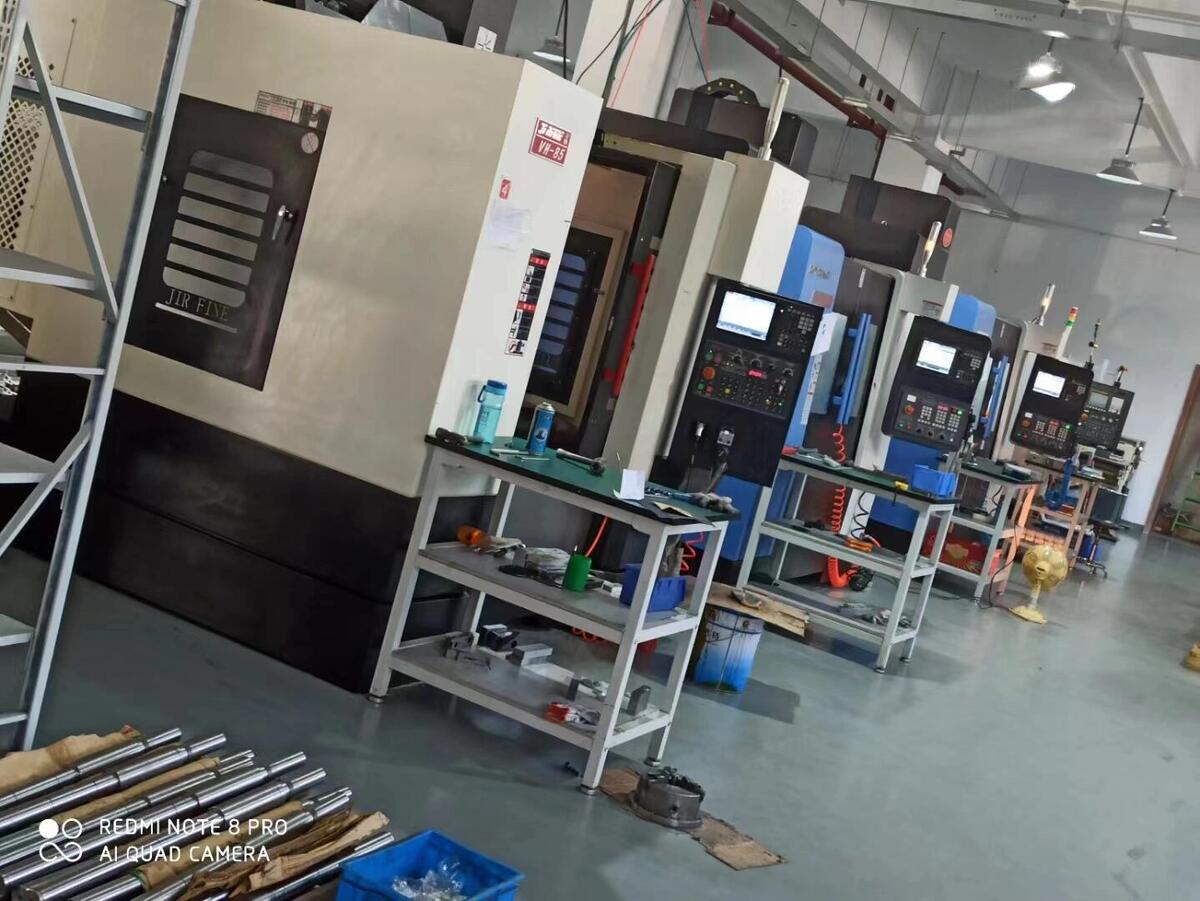
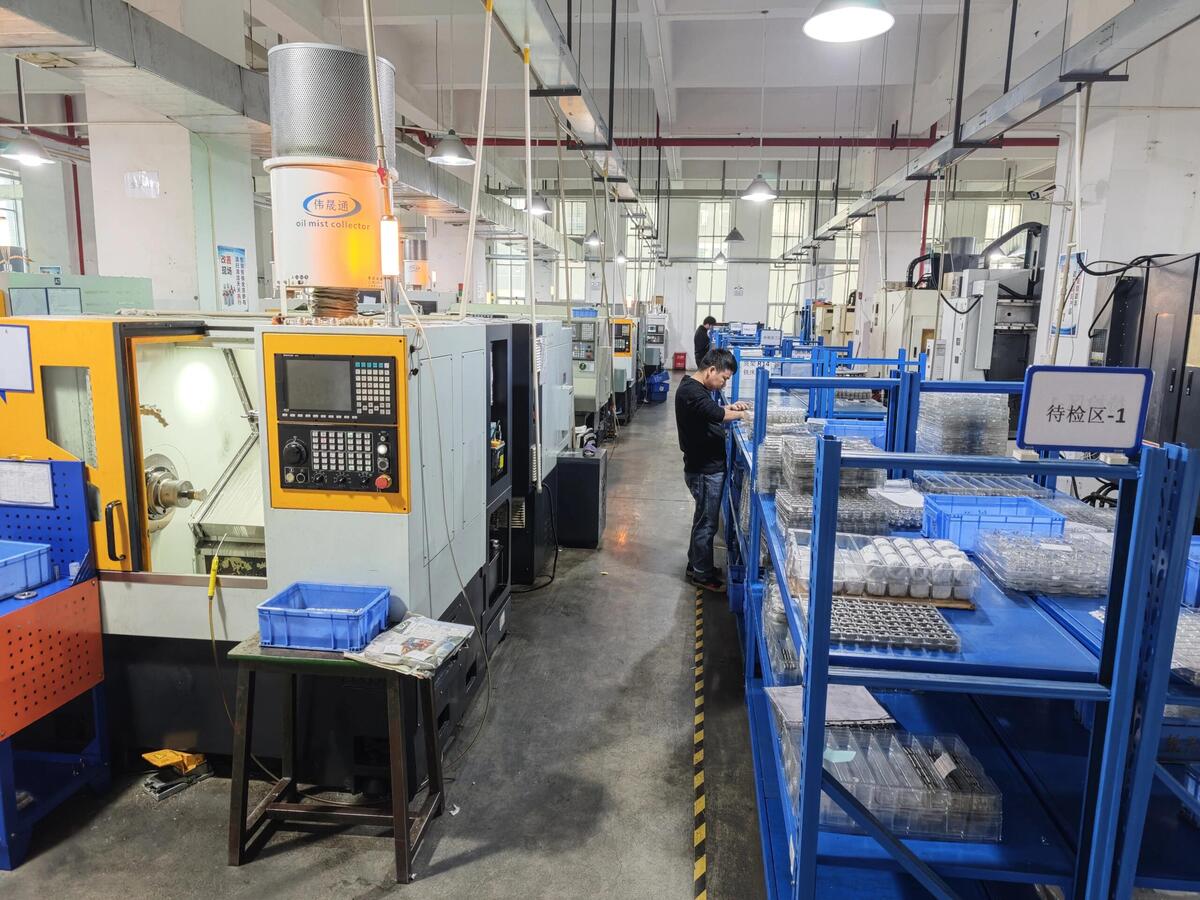
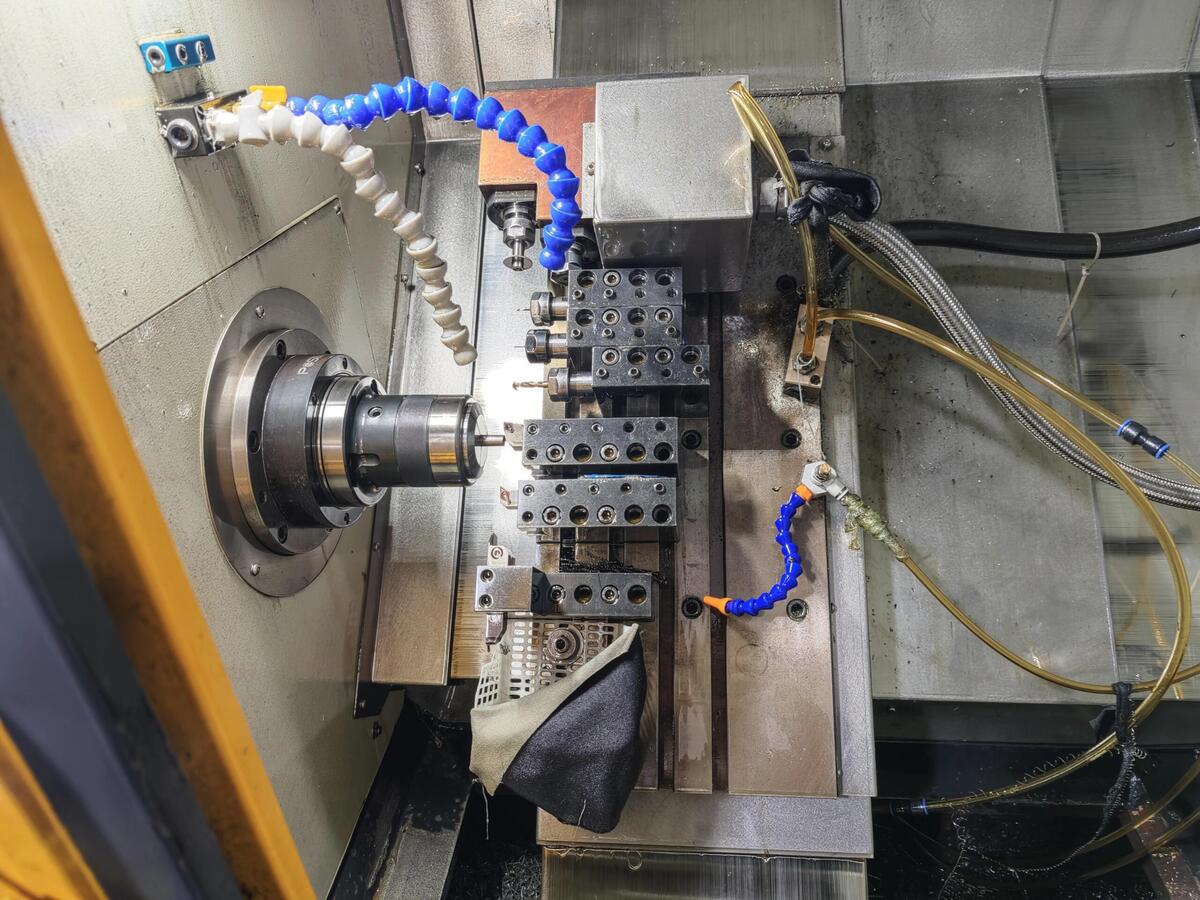
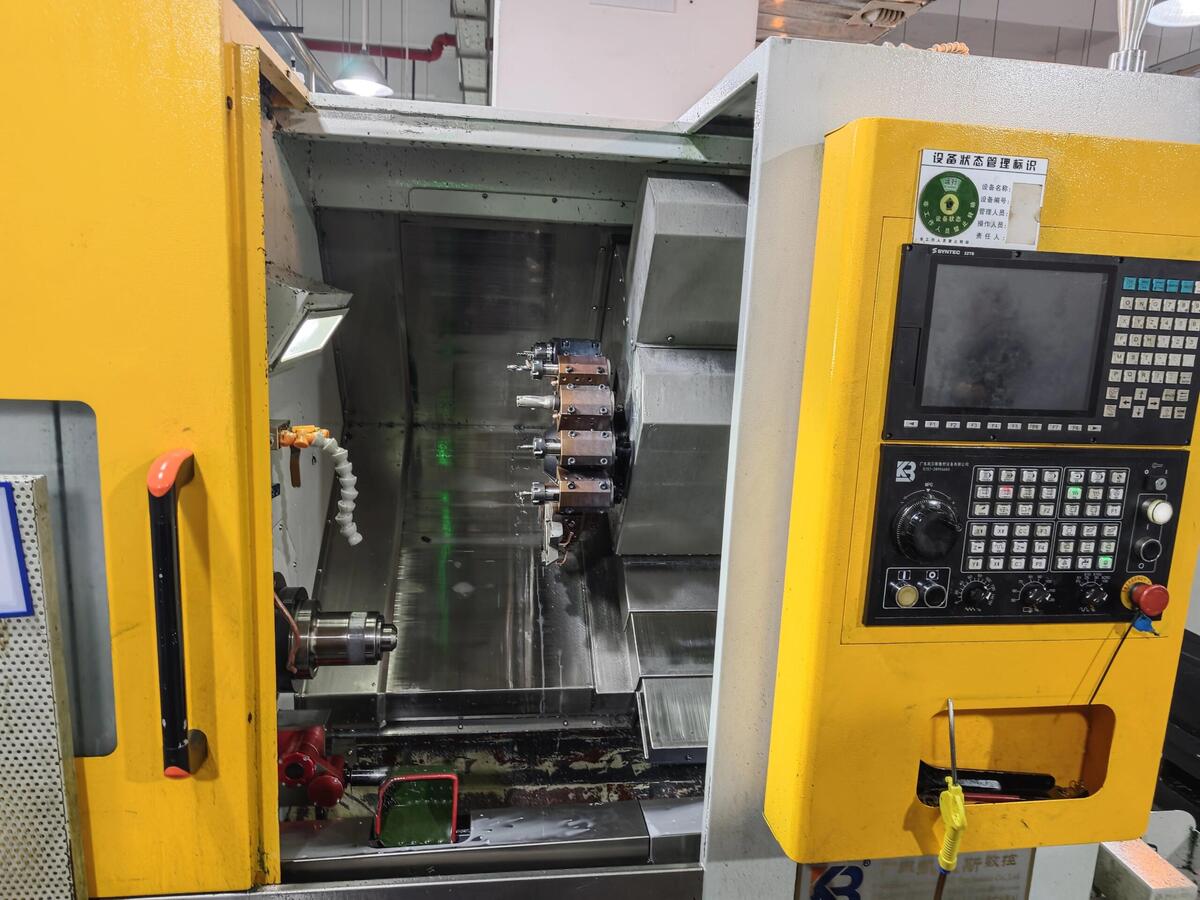
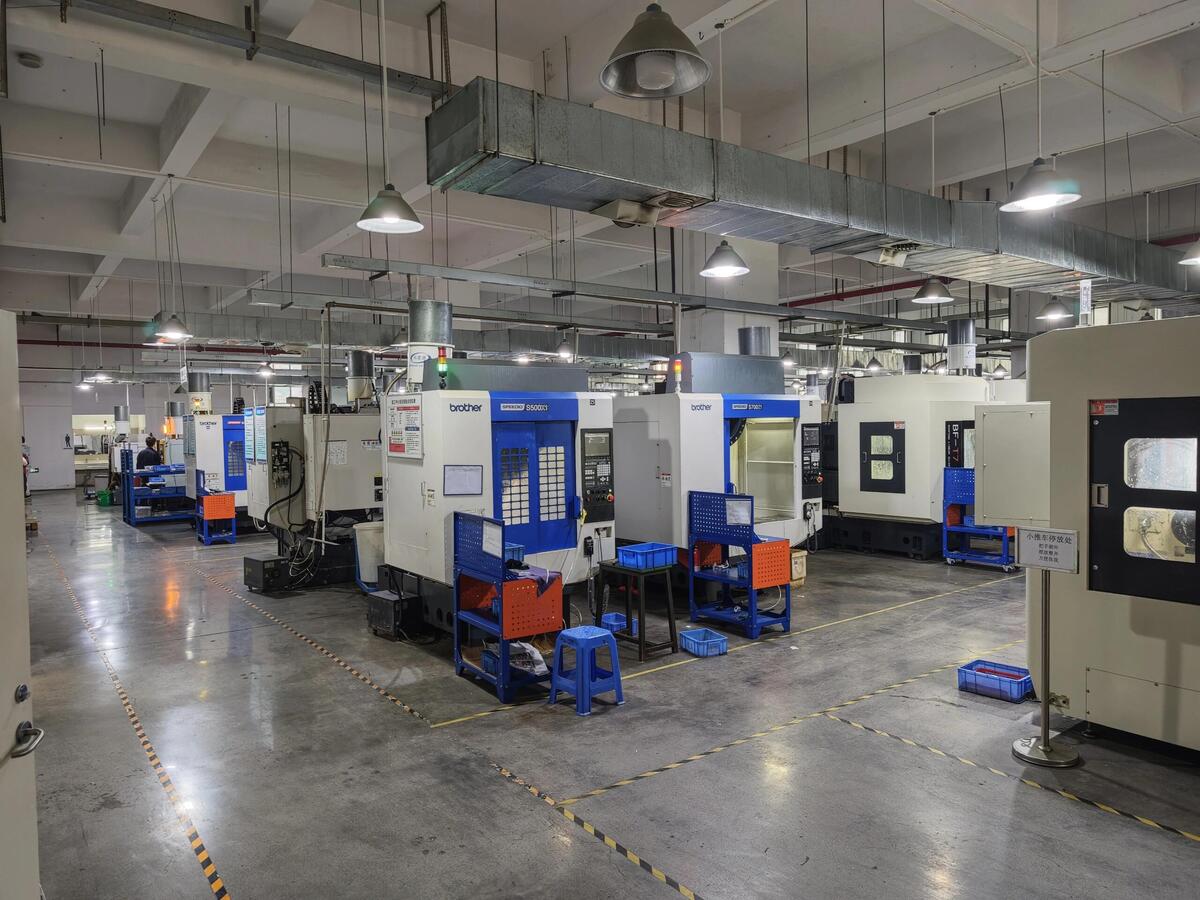
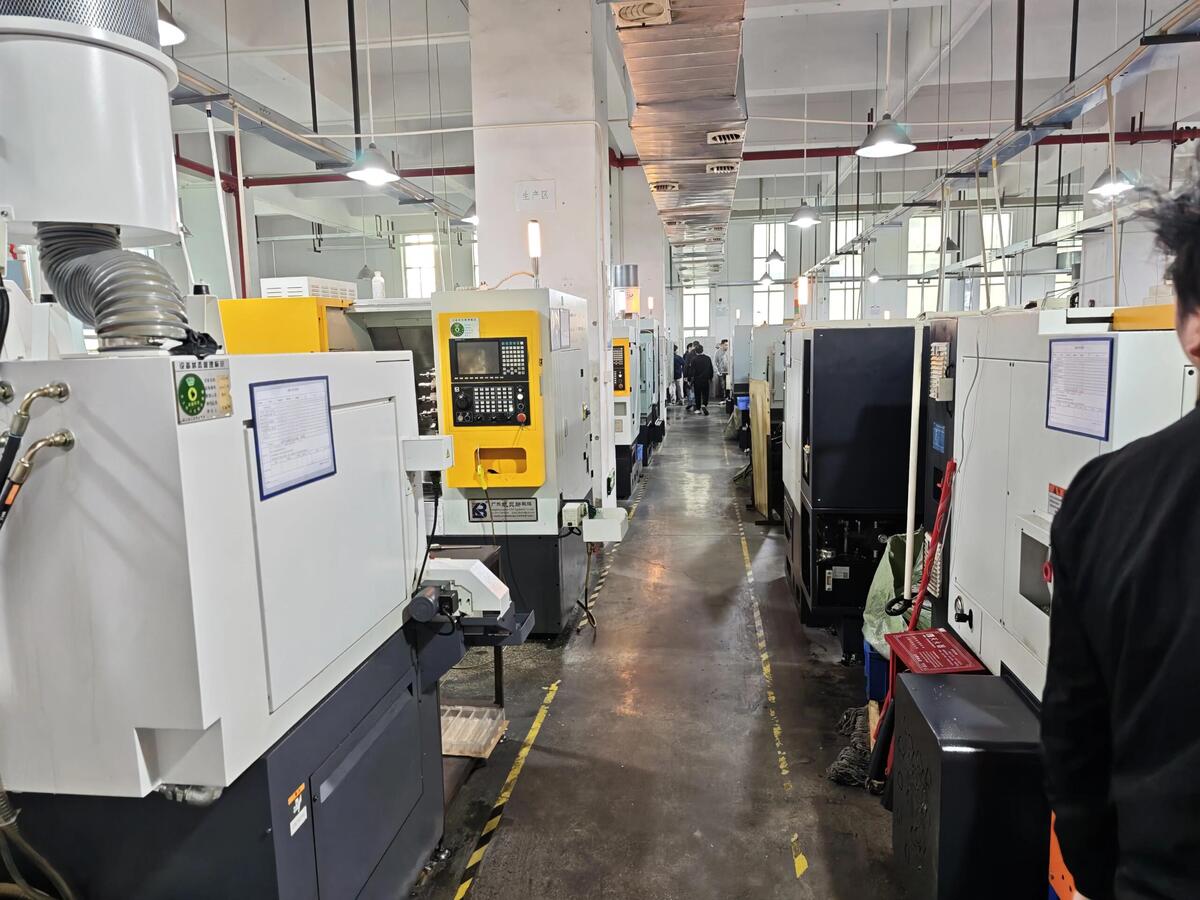
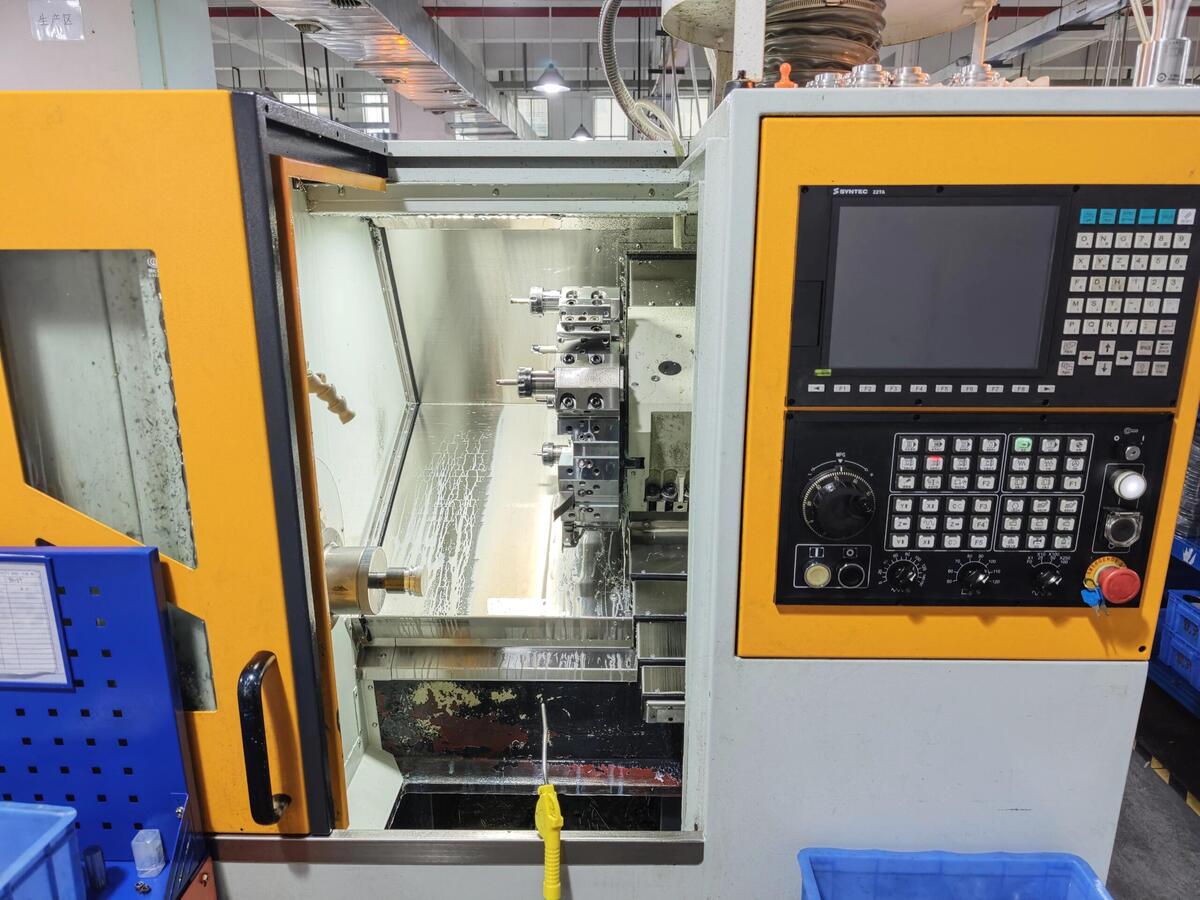
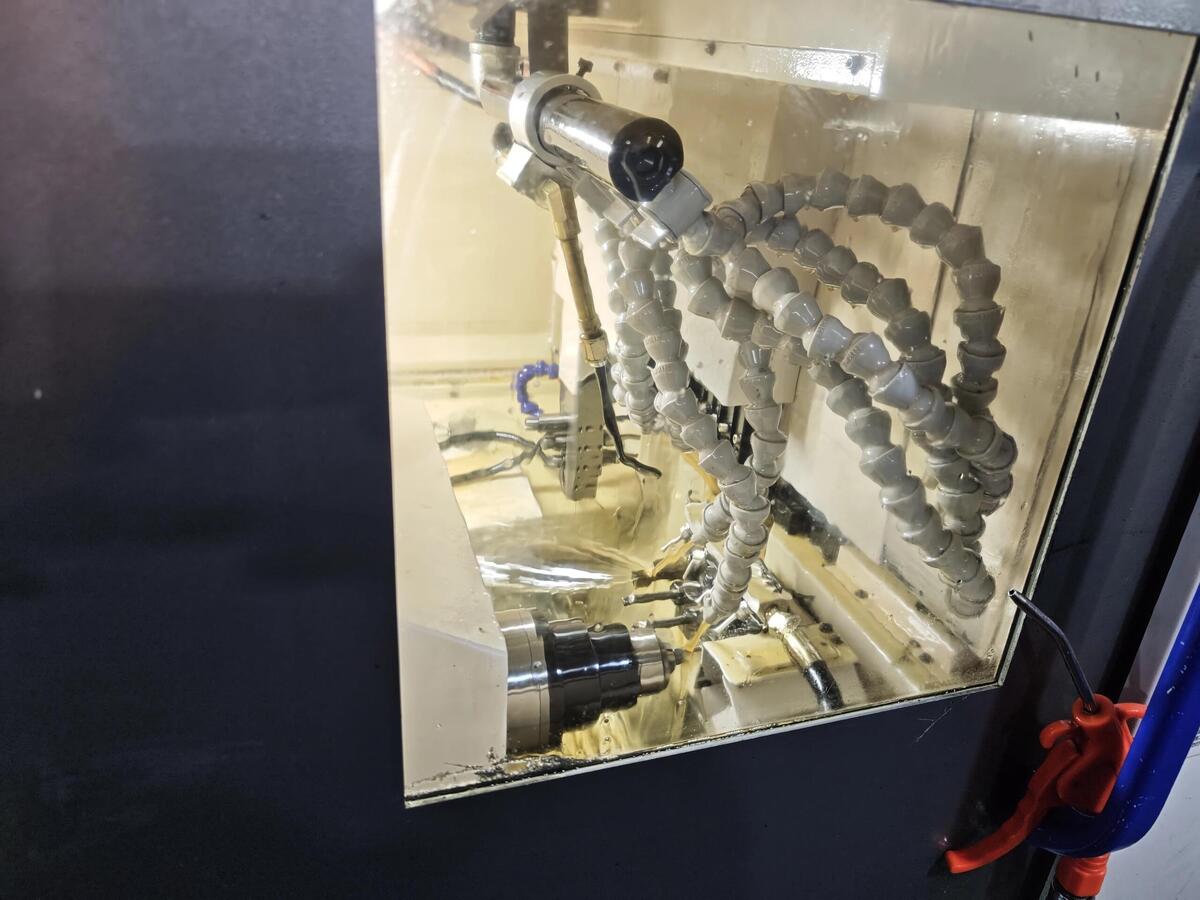
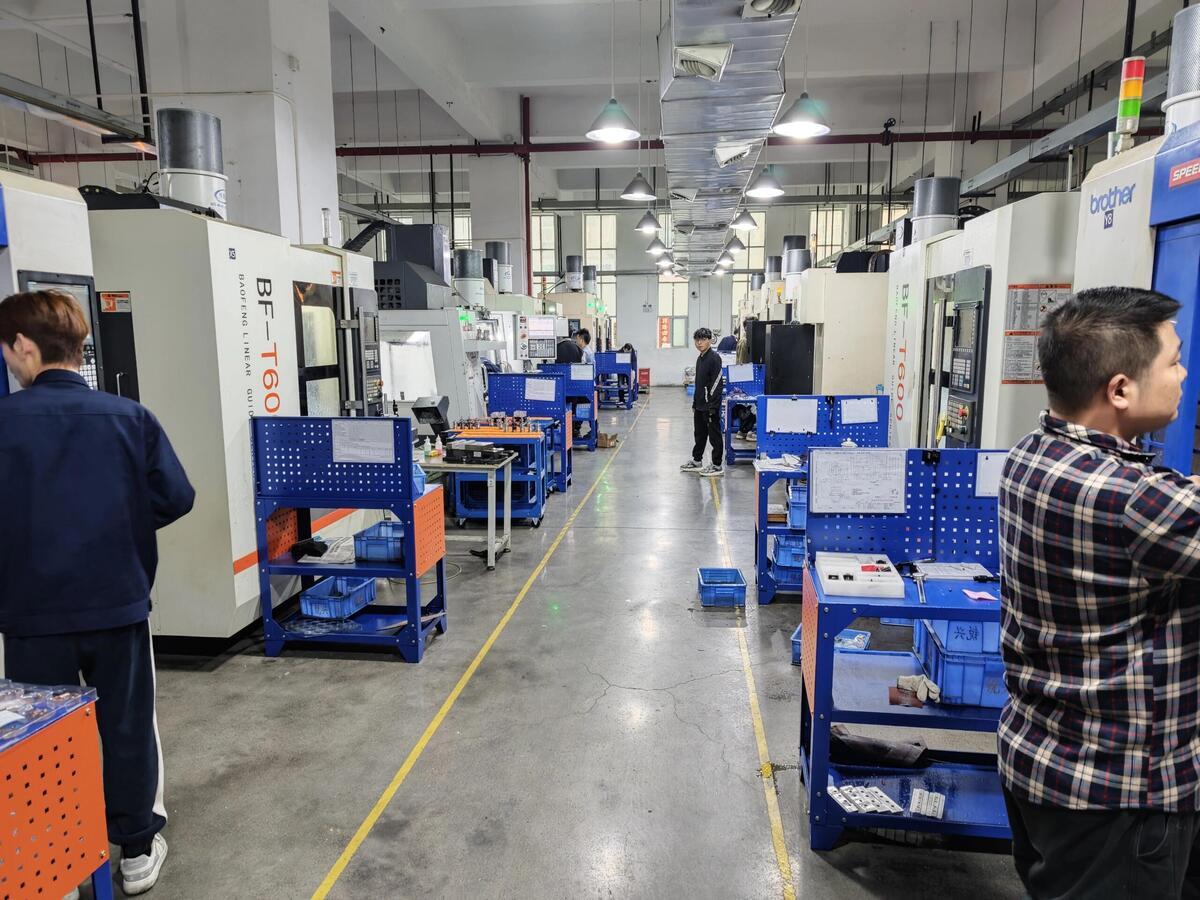
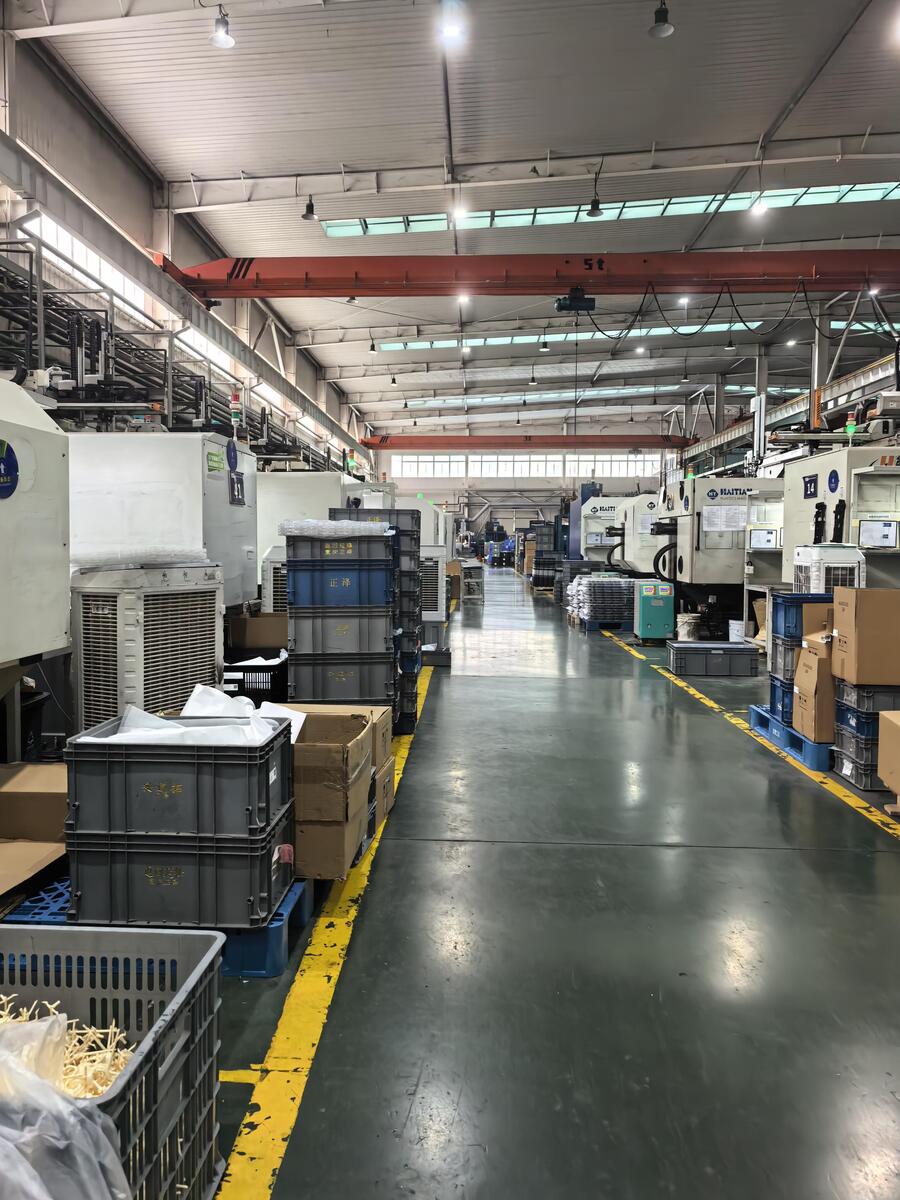
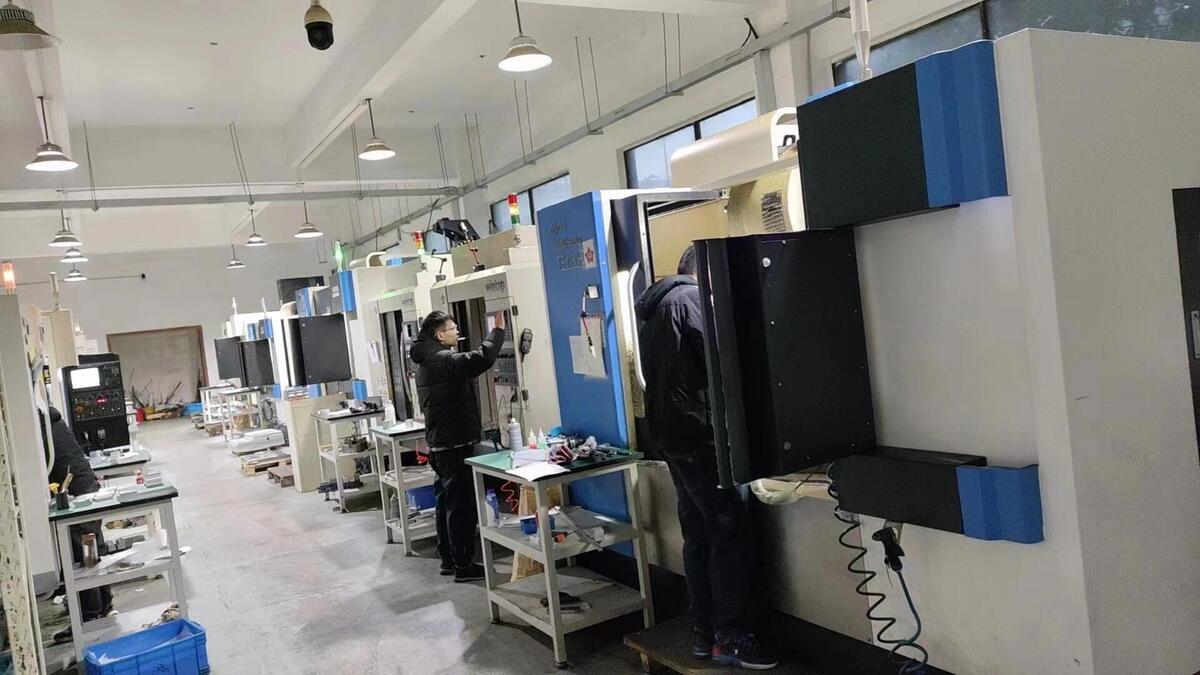
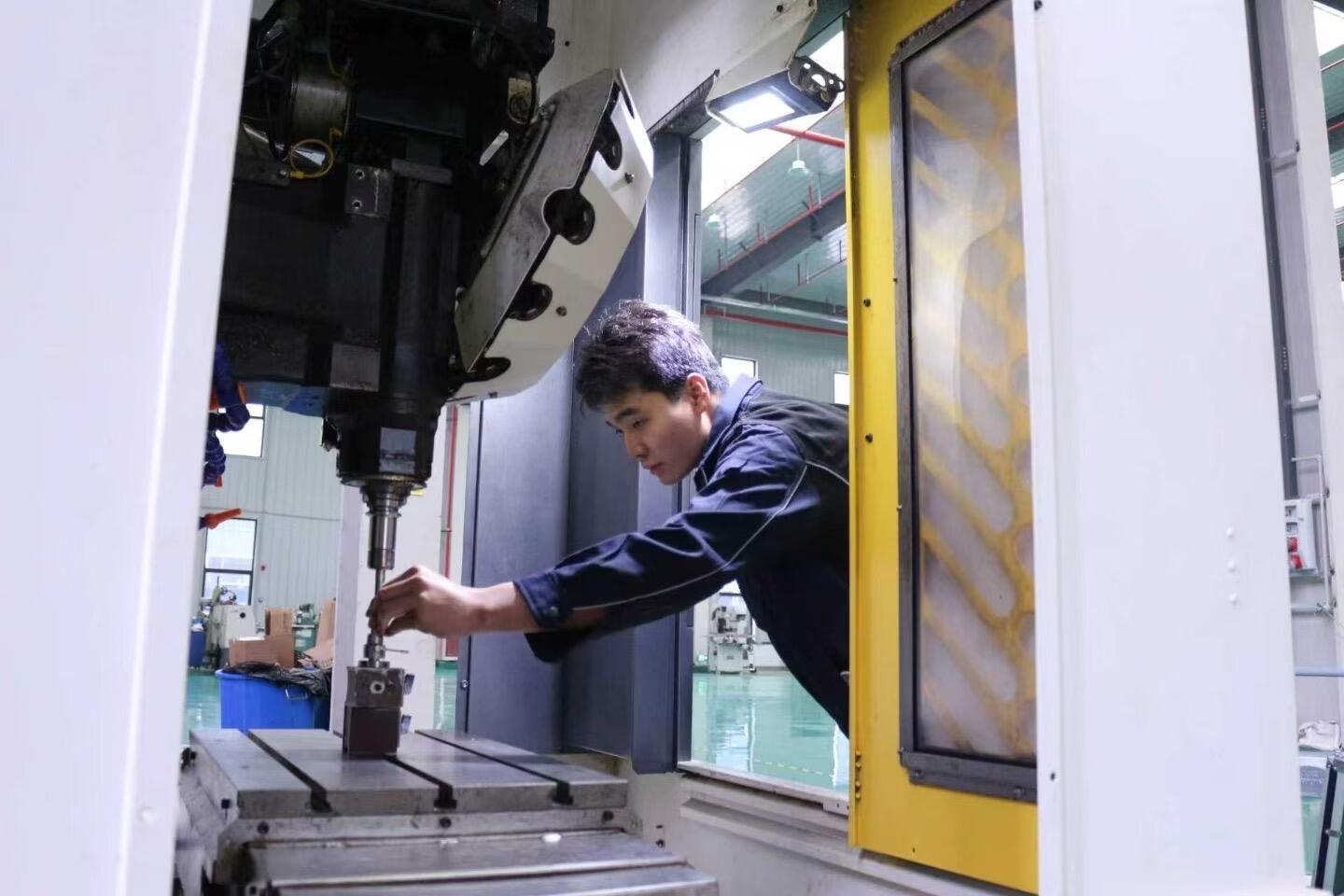
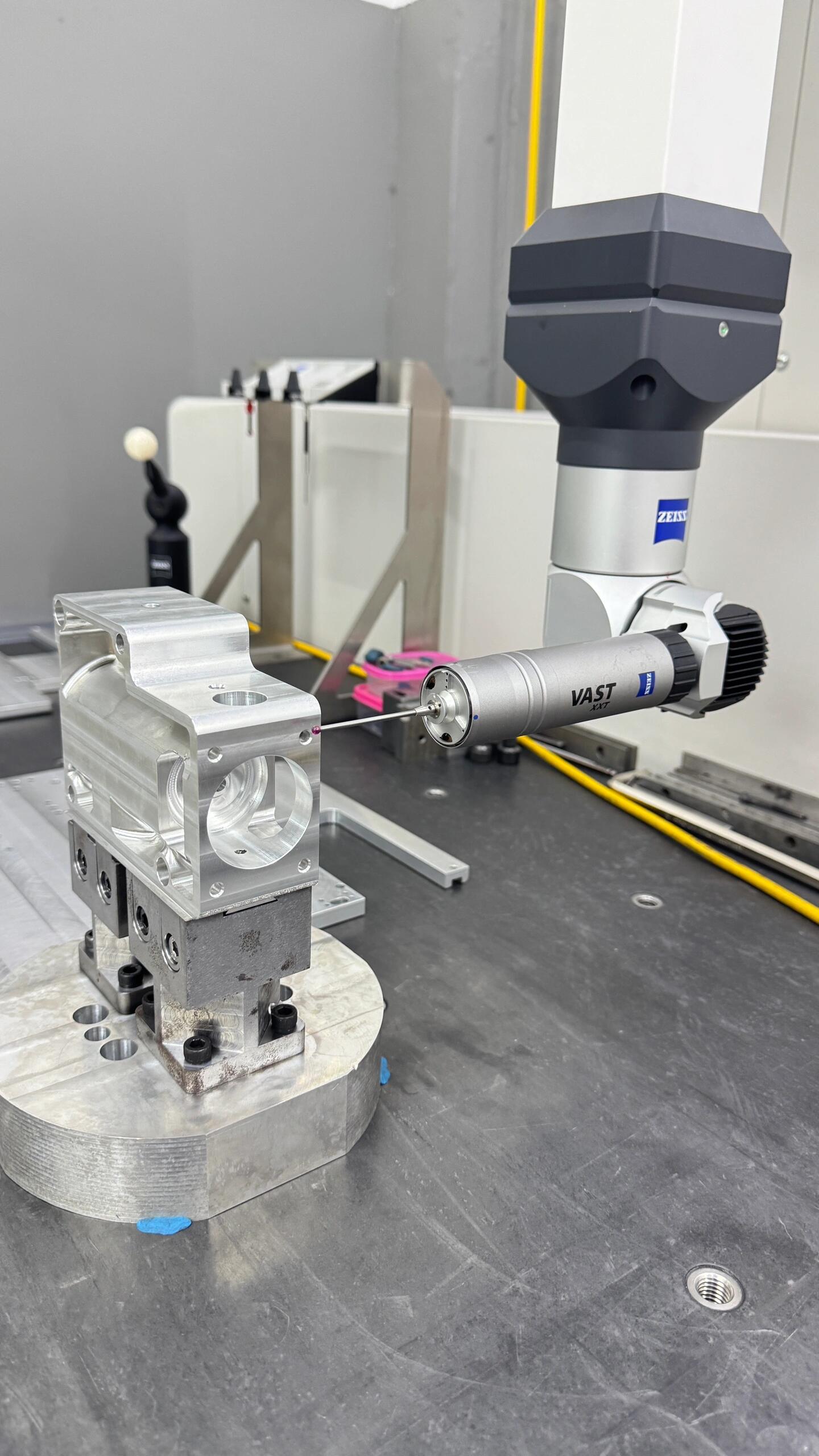
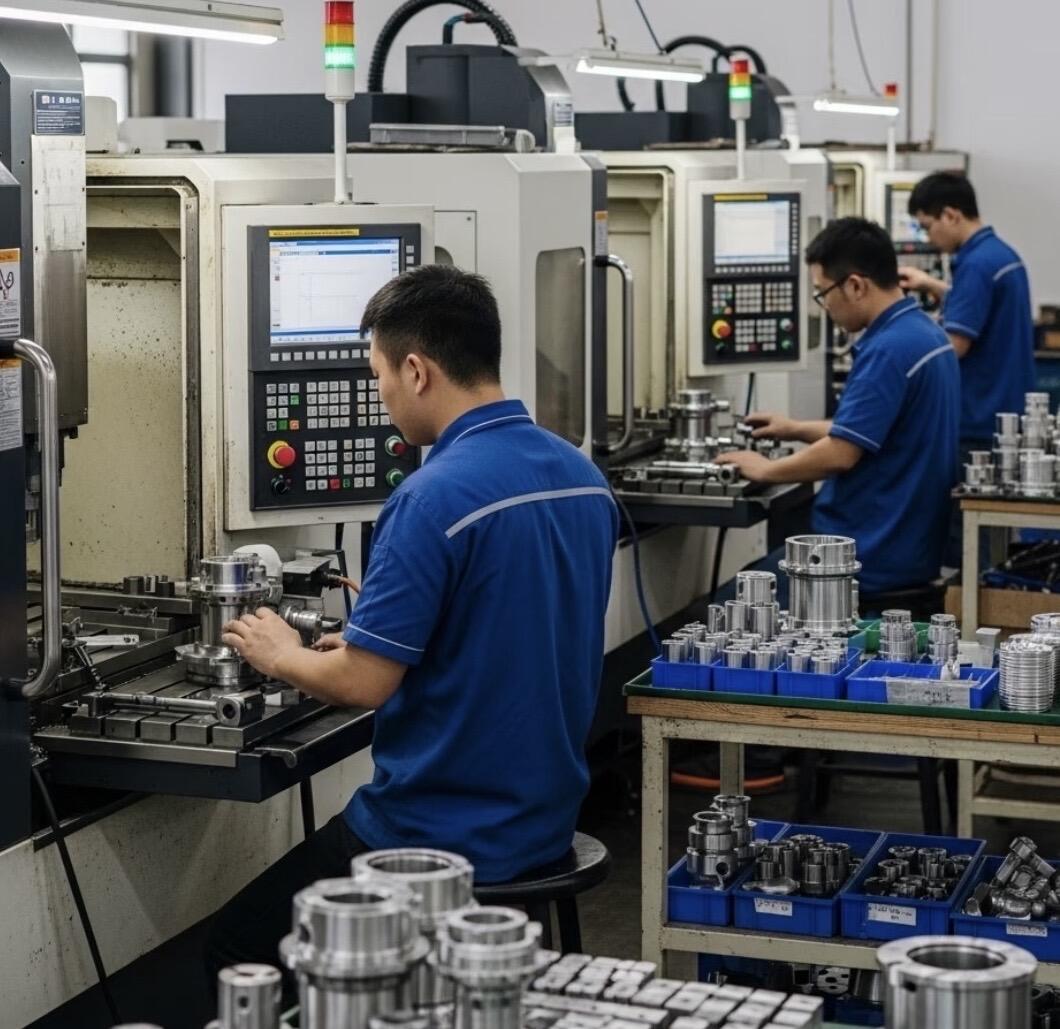
A reliable CNC machining manufacturer delivering precision parts with advanced equipment and professional engineering support.
Incredible accuracy on our **aluminum parts**. As a **reliable CNC machining manufacturer**, your **CNC milling services** consistently held the tight +/- 0.005mm tolerance we needed.
We struggled to find shops handling **different materials** like PEEK GF30 locally. Your **advanced equipment** and refined **machining process** ensured excellent burr control on this plastic.
The CMM report proved these are **high quality parts**. It's rare to find a **manufacturer** who treats **production parts** with such attention to critical dimensions.
Incredible accuracy on our **aluminum parts**. As a **reliable CNC machining manufacturer**, your **CNC milling services** consistently held the tight +/- 0.005mm tolerance we needed.
We struggled to find shops handling **different materials** like PEEK GF30 locally. Your **advanced equipment** and refined **machining process** ensured excellent burr control on this plastic.
The CMM report proved these are **high quality parts**. It's rare to find a **manufacturer** who treats **production parts** with such attention to critical dimensions.
Whether for **low volume production** or just **simple parts**, your team's DFM feedback is top-tier. True **custom CNC** experts who helped us avoid warping issues.
We were hesitant about **Chinese CNC** shops, but you proved us wrong. You handle **various materials** like Titanium Gr5 effortlessly. The 5-axis work is flawless.
The surface finish on this **custom metal** **workpiece** is outstanding. The **CNC milling** left no tool marks, and the bead blast + anodize is cosmetic perfection.
Whether for **low volume production** or just **simple parts**, your team's DFM feedback is top-tier. True **custom CNC** experts who helped us avoid warping issues.
We were hesitant about **Chinese CNC** shops, but you proved us wrong. You handle **various materials** like Titanium Gr5 effortlessly. The 5-axis work is flawless.
The surface finish on this **custom metal** **workpiece** is outstanding. The **CNC milling** left no tool marks, and the bead blast + anodize is cosmetic perfection.
Your **CNC turning** **capabilities** rival our local shops. Even on standard **mild steel** components, the thread quality and passivation were superior to what we get in Italy.
We needed urgent **Wire EDM** for some **large parts**. Your mastery of **computer numerical control** (CNC) allowed us to hit our trade show deadline in Paris.
First time using your **CNC machining** service for medical devices. The **precision parts** certs were correct and packaging was secure. A trustworthy **manufacturer**.
Your **CNC turning** **capabilities** rival our local shops. Even on standard **mild steel** components, the thread quality and passivation were superior to what we get in Italy.
We needed urgent **Wire EDM** for some **large parts**. Your mastery of **computer numerical control** (CNC) allowed us to hit our trade show deadline in Paris.
First time using your **CNC machining** service for medical devices. The **precision parts** certs were correct and packaging was secure. A trustworthy **manufacturer**.
Experience a faster, smoother way to turn your ideas into real parts with AT-Machining. Get instant feedback, transparent pricing, and reliable delivery.
Upload your 3D file securely – we handle all formats.
Get fast pricing and expert design feedback.
Approve your order – production starts immediately.
Parts inspected, packaged, and delivered on time.
Everything you need to know about our manufacturing capabilities, quality assurance, and delivery times.
After you upload your CAD or drawing, senior machinists check key items like geometry, tolerances, wall thickness, tool access, radii, threads, and material behavior.
If we spot risks, we’ll send clear, practical recommendations—design tweaks, tolerance guidance, machining approach, and material options—to ensure stable, repeatable manufacturing.
This early review helps prevent redesigns, reduce cost, and speed up production. Send your file and get feedback in 12–24 hours.
Our lead time is determined by part geometry, tolerance requirements, finishing needs, and order quantity. Most CNC-machined prototypes ship within 3–7 working days, while more complex components or multi-process assemblies may require additional time.
Small batches often follow a similar schedule, and we also offer expedited machining for urgent projects. To provide an accurate timeline, simply send us your 3D/2D drawings, material, and quantity — our engineers will confirm a precise lead time during the quotation process.
Yes. AT-Machining offers a full range of documentation to support both standard and high-precision projects. Upon request, we provide material mill certificates, RoHS/REACH compliance, and traceability reports for all metals and engineering plastics we source.
For quality verification, we supply detailed dimensional inspection reports, CMM measurements, hardness and material-property tests, surface-finish checks, and First Article Inspection (FAI) documentation.
If your application requires higher assurance—such as aerospace, medical, or safety-critical components—we can also arrange third-party testing through accredited laboratories. All reports can be included digitally before shipment for fast engineering review.
CNC machining pricing is primarily driven by machining time, which depends on part geometry, tolerances, and material machinability. Additional factors such as fixture design, tool paths, surface finishing, and inspection requirements also influence the final cost.
At AT-Machining, every quotation is calculated by experienced engineers who evaluate the most efficient manufacturing strategy—optimizing tool selection, feeds and speeds, and setup operations to minimize unnecessary machining hours. This engineering-driven approach ensures accurate and highly competitive pricing, especially for aluminum, steel, brass, and small-batch production.
Material cost, finishing processes, and order quantity are included transparently in the quote. You can upload your 3D/2D files to receive a detailed cost breakdown and a cost-optimized manufacturing plan tailored to your project.
At AT-Machining, every part receives strict dimensional checks, material verification, and final QC approval. Critical features are inspected 100%, and reports can be provided for confirmation, minimizing the chance of nonconforming parts leaving our facility.
If a delivered part ever fails to meet specifications, we follow a clear and responsible engineering review. Customers may submit measurement data, photos, or CMM results, and our quality team will analyze the issue within 24–48 hours to identify the root cause.
We take full responsibility and provide the appropriate solution—remake, rework, refund, or credit—while documenting CAPA actions for traceability. Each case supports continuous improvement.
Our promise: If a part doesn’t meet spec, we make it right.
Traditional CNC turning often struggles to maintain stability when producing long, slender components, as the lack of continuous support leads to workpiece deflection and vibration. ...
Computer numerical control machines have transformed manufacturing by automating complex operations with remarkable precision. The manufacturing industry depends on various types of CNC machines, each ...
Whenever you’re in the early product development process, you always aim to have a very quick test of the concept. Rapid prototyping is the answer ...